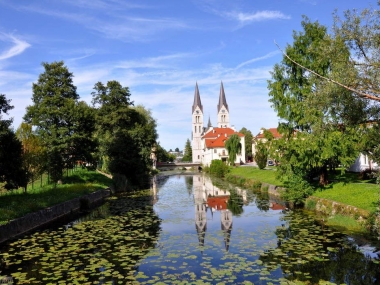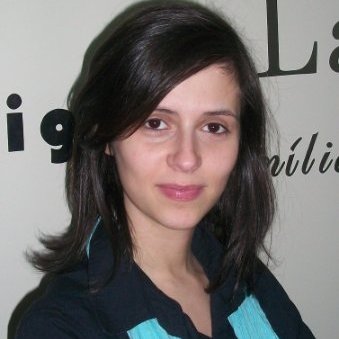Get new ideas with an online hackathon
Edited on
23 August 2022The coronavirus epidemic also had a major impact on the iPlace project, temporarily halting international visits between the partner cities. It was therefore necessary to take a different approach, using the web and various digital tools. In Kočevje, in cooperation with the partner cities, we decided to organize an online hackathon workshop for the successful implementation of the project.

At the first transnational meeting in the iPlace project, which was first online TNM for whole project group, we developed online meeting in November 2020 for partner cities, led by the experienced team of the Kočevje Business Incubator. We taught and learned through a practical example how to prepare and implement an online hackathon, which is also a unique challenge from a technical point of view. The local group of Kočevje defined several different problems for the city, which were then solved by an international team of almost 40 participants from ten European cities through the online tool Miro. While the aim of the hackathon was to gain new knowledge and competences for the implementation of hackathons in their own communities, at the same time, the cities have already gained insight into different possible solutions and concrete ideas for further work, also through the exchange of good practices. It was a very inclusive and interactive transnational meeting for all participants.
The knowledge gained was then put into practice in April 2021. We organized an online hackathon, which we called Kočevje, the city of the future. In addition to ULG members, we also invited the general public. Based on the defined challenges, six different project proposals for the development of the city emerged. At the end of the hackathon, the expert jury had to choose between a wide variety of projects, and the task was not easy, as all the proposals had the potential to be developed: a youth center with a program for teenagers, a herbal shop promoting local herbs, a playroom offering play space for children, an intergenerational center, a program to integrate forest and wood into the educational process, and a project by the Agora Group to upgrade unused (open) public spaces. The latter was also considered by the jury to be the most convincing or interesting to implement in our city, and the one that is expected to have the greatest impact on the city and for all users of the city. The proposal for a youth center, designed and populated by young people themselves, scored the highest number of points in the voting of the hackathon participants. In the follow-up to the project, we were able to test both ideas within the SSA. Today, a new youth club is operating in the city center and has been given its own premises. Four murals will soon be painted in public spaces, giving the area a new character, with a more urban look, while also communicating the stories of the city and, as a result, influencing the awareness of identity.
"When we want to get the attention of a large number of people to create on a certain theme, a hackathon is the right format. Focused attention and a clear goal, and bringing motivated people together to work as a team. This time we've done it online again, which does reduce the number of hours we're able to have our attention on the screen. But the results have been fantastic, with the top-rated proposals now in full implementation," said Marko Stijepič, Director of the Kočevje Business Incubator, where the hackathon was designed and run. "In the UrbAct network trainings we have learnt about some interesting digital tools, such as Miro, that make the implementation of an online hackathon meaningful and efficient."
 Submitted by Sonia Files on
Submitted by Sonia Files on
